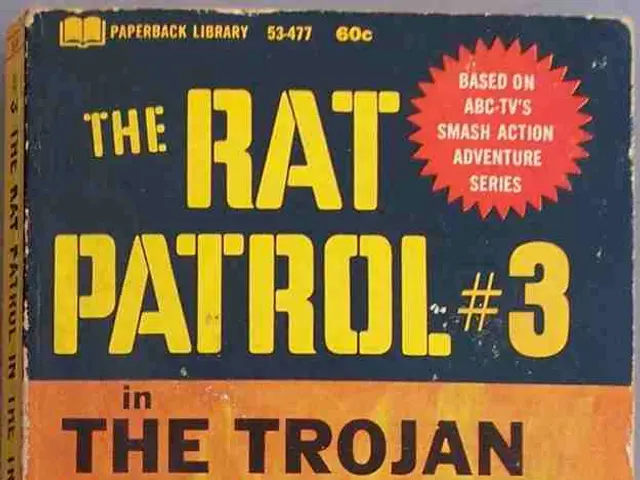Disappearance of Blockbuster Comedies on the Silver Screen
The landscape of movie theaters has undergone a significant shift in recent years, with comedy films becoming less common. This decline, observed from the mid-2010s, can be attributed to several interrelated factors.
Prioritizing Franchise Films
Multiplexes have increasingly favored big-budget franchise films, often at the expense of mid-budget original comedies. Franchises with established audiences tend to dominate screens, leaving less room for standalone comedy releases.
Changing Audience Preferences and Viewing Habits
The rise of streaming platforms has made comedies more accessible at home, reducing the incentive to see such films in theaters. Comedies, which often rely on dialogue and situational humor rather than spectacle, sometimes fare better on smaller screens.
Studio Risk Aversion and Marketing Challenges
Studios have become more cautious about investing in original comedy films, which historically perform inconsistently compared to action or superhero genres. Marketing comedies effectively for multiplex audiences can also be difficult without star power or a recognized brand.
Emergence of Diverse Comedic Forms and Crossover Genres
There is a trend toward horror-comedy or dramedy hybrids that may attract niche audiences but do not always generate large multiplex attendance. Meanwhile, pure slapstick or absurdist comedy that once thrived in theaters has become less common.
Star-Driven Comedies Becoming Less Dominant
Many of the iconic comedy stars from the ’90s and 2000s have moved on or aged out of marquee status, impacting studio confidence and audience interest. Although nostalgia-driven sequels occasionally rekindle interest, such projects are less frequent.
Josh Greenbaum, director of the successful comedies "Spaceballs sequel" and "Barb and Star Go to Vista Del Mar," shares these sentiments. He identifies several timely factors contributing to the decline of comedies in movie theaters.
Greenbaum's original comedy, "Barb and Star Go to Vista Del Mar," emerged as a cult hit on VOD despite COVID restrictions limiting its theatrical release. Despite this, he admits that it feels like a miracle when a comedy breaks through in the current movie theater landscape.
Akiva Schaffer, director of "The Naked Gun," shares similar sentiments about the decline of comedies in movie theaters. He expresses his disappointment about the current state of comedy films in cinemas, particularly noting the release of "The Naked Gun" as an anomaly in the current landscape.
Despite the decline, there are still occasional successes in the comedy genre, such as the recent "The Naked Gun" reboot, which shows that there is still an appetite for classic formats among certain audiences. However, the overall representation of comedies at movie theaters has significantly decreased since the mid-2010s.
Greenbaum suggests that the decline of comedies in movie theaters might be due to the movie industry's tendency for genres to fall out of favor from decade to decade. As we move forward, it will be interesting to see if and when the comedy genre makes a comeback in theaters.
- Despite the popularity of streaming platforms, movie theaters might benefit from showcasing more standalone comedies, as they often struggle to attract sufficient attention amidst franchise films.
- In the evolving world of entertainment, where genres like comedy face challenges, filmmakers like Josh Greenbaum and Akiva Schaffer envision a resurgence of comedy films in movie theaters, similar to the success of recent hybrid or revival projects like "The Naked Gun" reboot.








